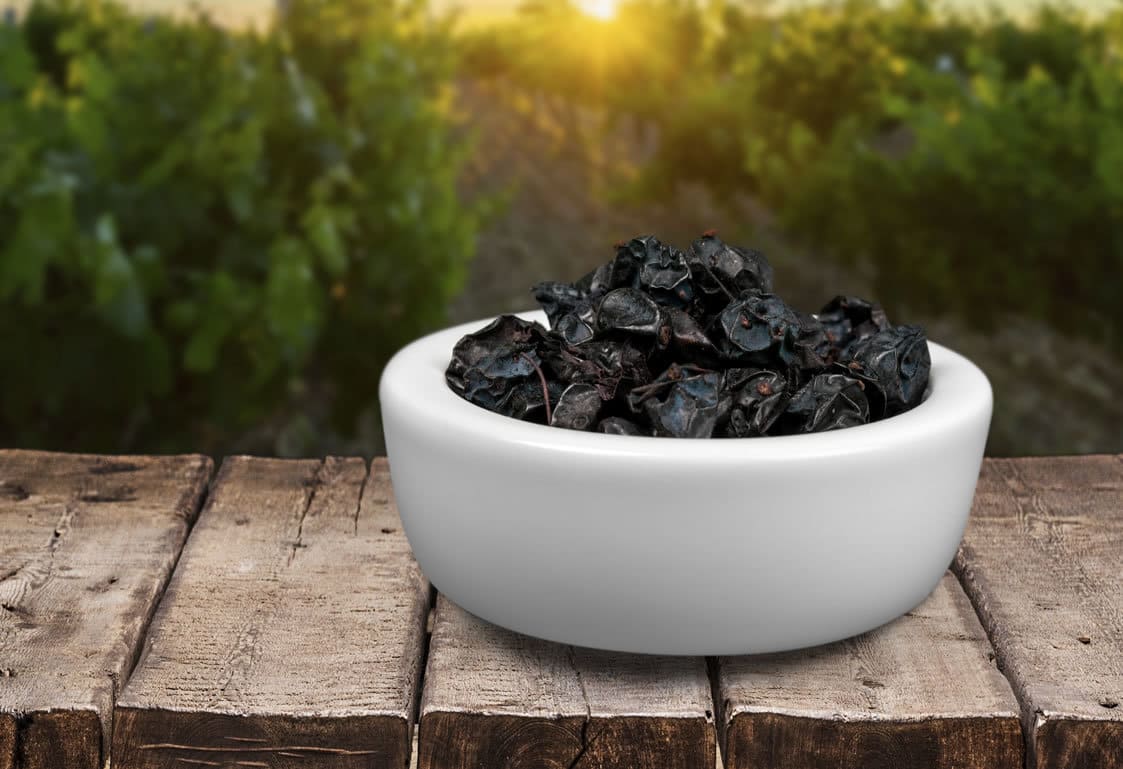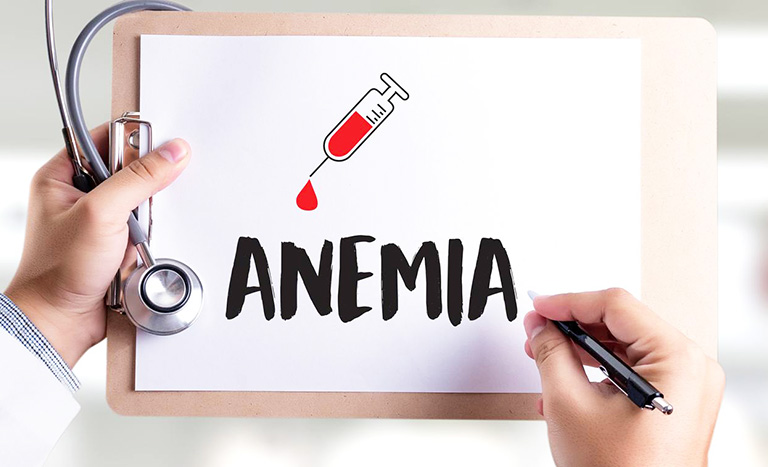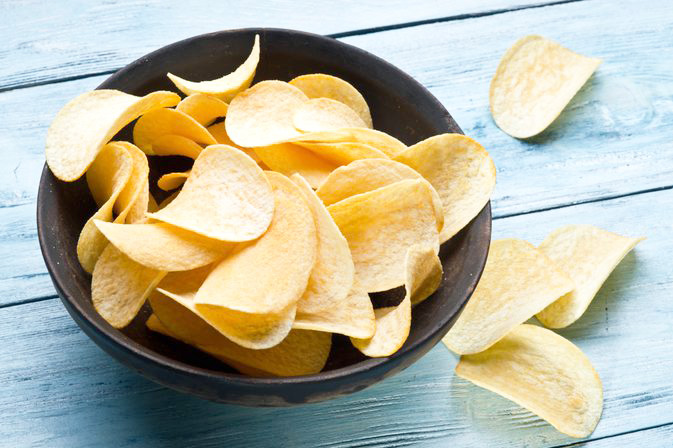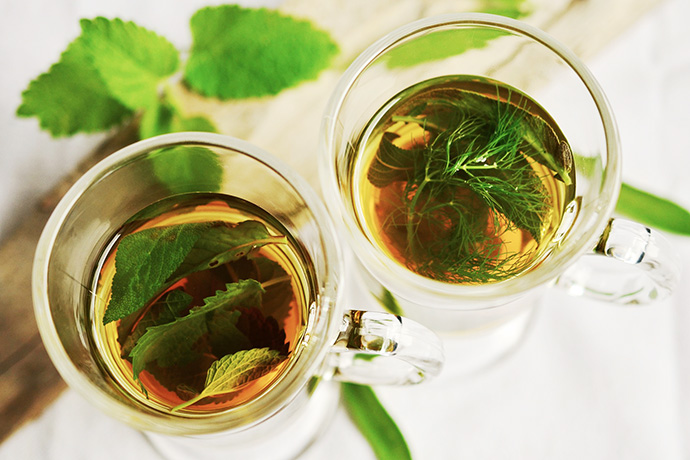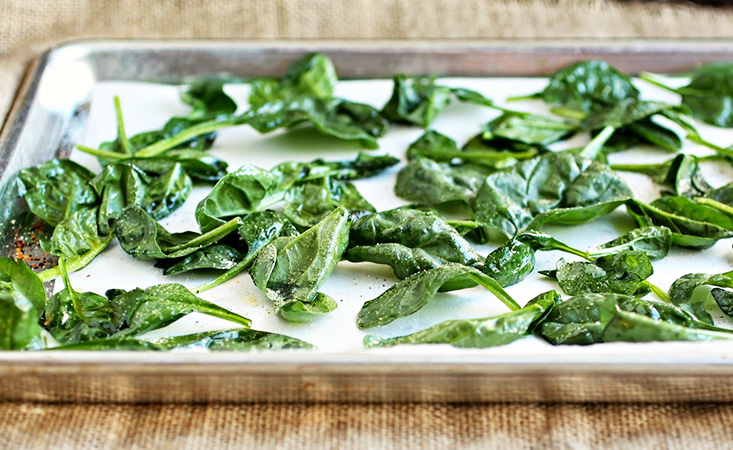Potassium is a mineral that also acts as an electrolyte, which is something that provides electrical charges to various processes within our bodies that need small electrical current in order for them to be carried out.
Without sufficient amounts of electrolytes, many of those bodily processes won’t be able to take place.
It’s exactly for this reason why it is of utmost importance for us to maintain proper levels of potassium in our bodies. Certain things can deplete our potassium stores, and most of them are everyday habits many of us are guilty of.
Continue reading to know some of the habits that cause a decrease in your potassium levels. Don’t forget to share this article to let your family and friends know those potassium-zapping habits, too.
But before we take a look at those, let us first check out a few more important matters about potassium.
Just like what’s earlier mentioned, potassium is an electrolyte. Electrolytes are needed by certain types of cells in your body that require small electrical currents in order for them to function.
Some of those cells include those that are found in the heart muscles as well as your skeletal muscles. It’s exactly due to this why lack in potassium can cause irregular heart rhythm as well as muscle cramps and weakness.
Unlike some other nutrients, our bodies cannot make its own supply of potassium.
It is through your diet that your body is supplied with all the potassium it needs. Some of the best food sources of potassium include bananas (we all know that!), oranges, avocados, kiwis, strawberries, tomatoes, peas, mushrooms, green leafy vegetables, fish, turkey, chicken and beef.
Failure to include these foods in your diet on a regular basis may keep your body from being supplied with optimum levels of potassium necessary for the proper functioning of its many types of cells.
Aside from a diet that’s lacking in potassium-containing foods, there are also certain habits that can deplete our body’s potassium stores. Here are some of them:
Intake of Water Pills
Are you like some figure-conscious people who take water pills to get rid of unwanted pounds? If so, you may be in danger of having very low potassium levels.
That’s because water pills increase the frequency of urination, something that can remove a lot of potassium in your bloodstream.
Intake of Laxatives
Some individuals who want to become slimmer take laxatives, too. Laxatives are drugs that encourage bowel movement.
To promote bowel movement, much of your fluid intake is kept within the colon. As a result, you lose more water than you should, and it’s something that can considerably decrease your potassium levels.
Inducing Vomiting
People who are suffering from bulimia nervosa induce vomiting to keep weight gain at bay. But just like the intake of diuretics and laxatives, purging causes loss of excessive amounts of fluids.
What’s more, inducing vomiting can keep your body from getting enough amounts of potassium since someone who has bulimia nervosa vomits food before the nutrients it contains such as potassium are absorbed by the body.
Poor Eating Habits
Since it is via the diet that the body can get all the potassium it requires for the proper functioning of some of its cells, opting for an unhealthy eating habit can prevent you from having optimum levels of potassium within.
Failure to eat enough potassium-containing foods can decrease your potassium levels.
Too Much Exercise
Earlier, it was mentioned that the intake of water pills and laxatives can cause low potassium due to loss of excessive amounts of fluids.
Since exercising too much can cause you to lose a lot of fluids in the form of profuse sweating, it’s also something that can have a negative effect on the levels of potassium in your body.
Excessive Alcohol
Did you know that alcohol can drive fluids out of your body? This is the reason why you feel so thirsty and dehydrated when you are suffering from a hangover.
Needless to say, consuming excessive amounts of alcohol can considerably decrease potassium.

